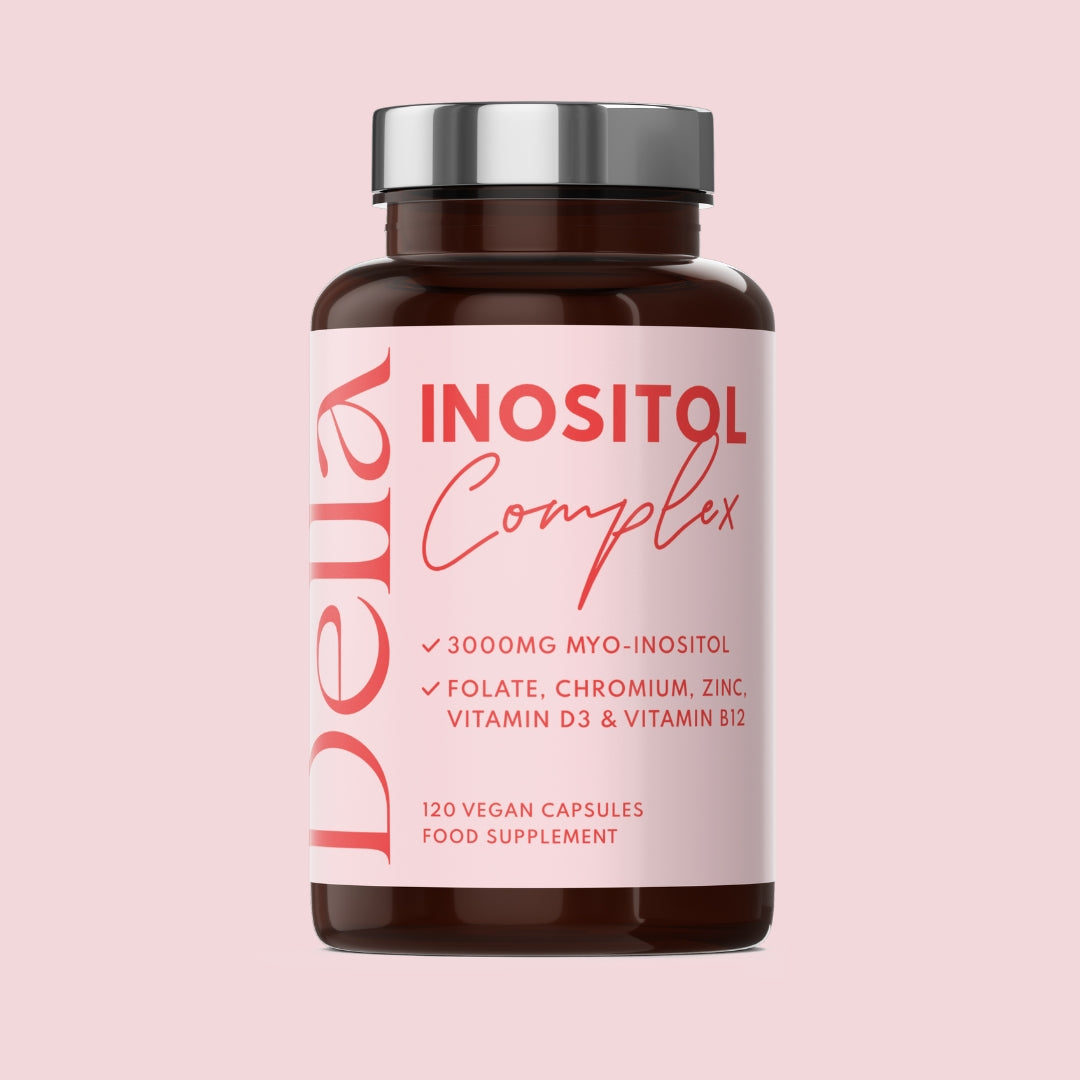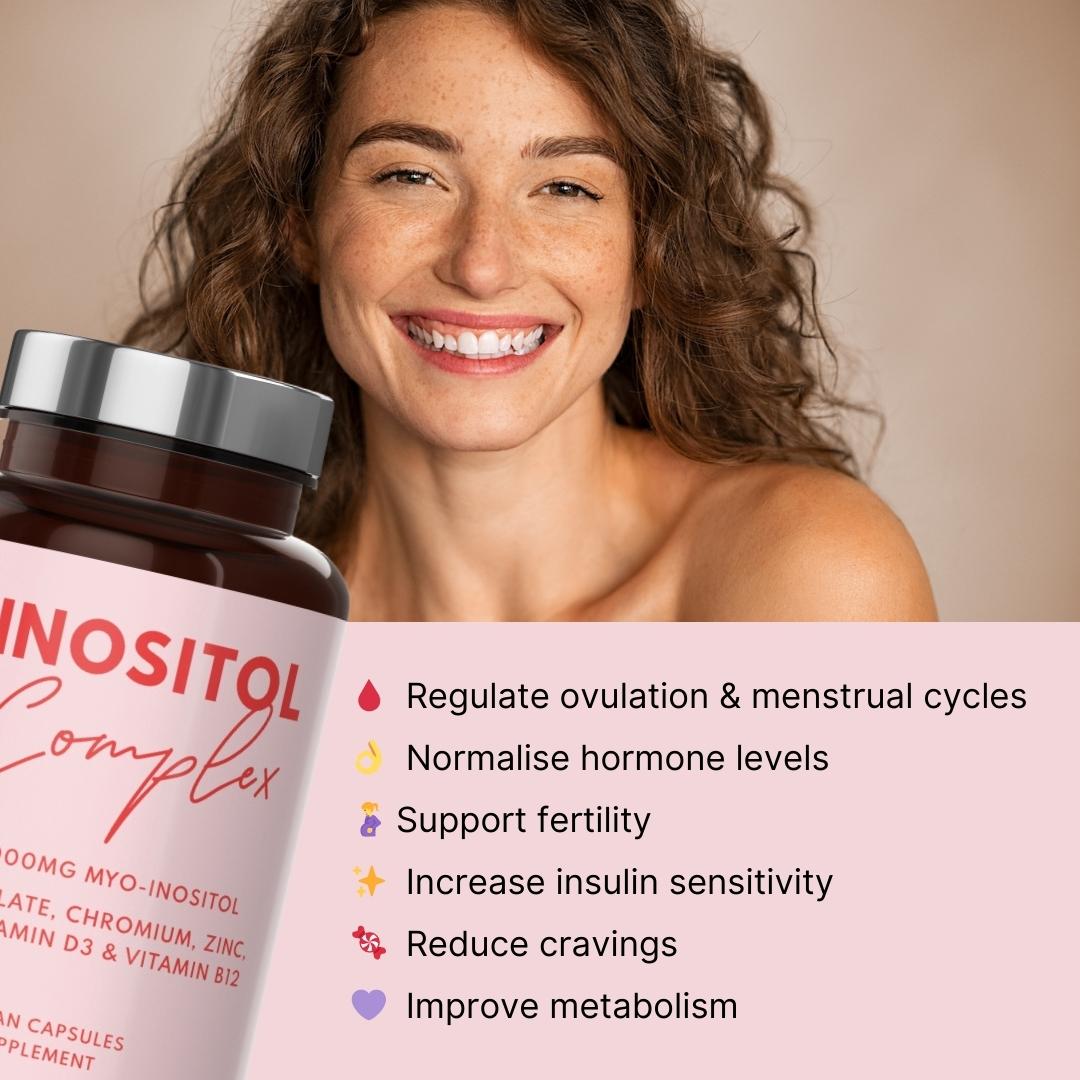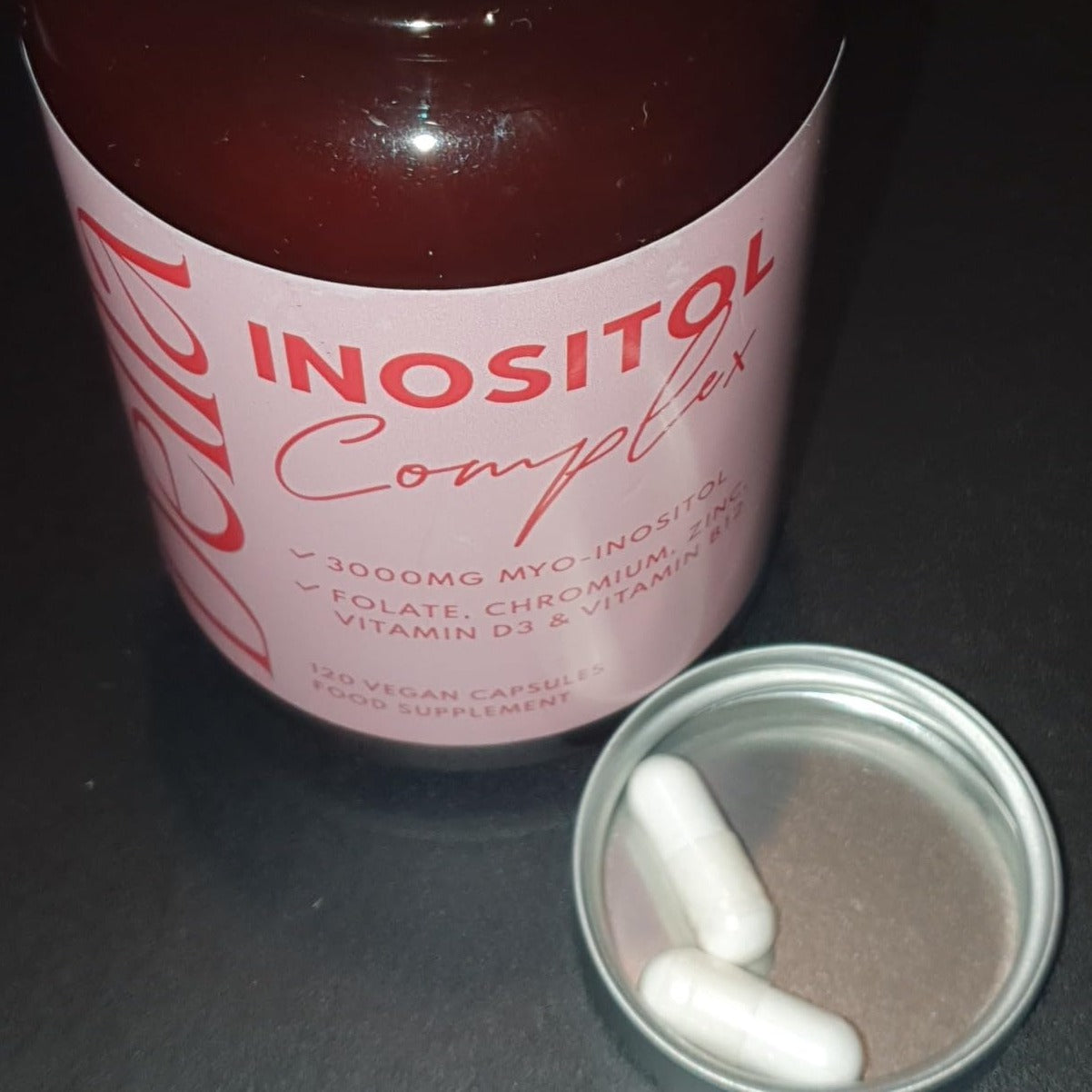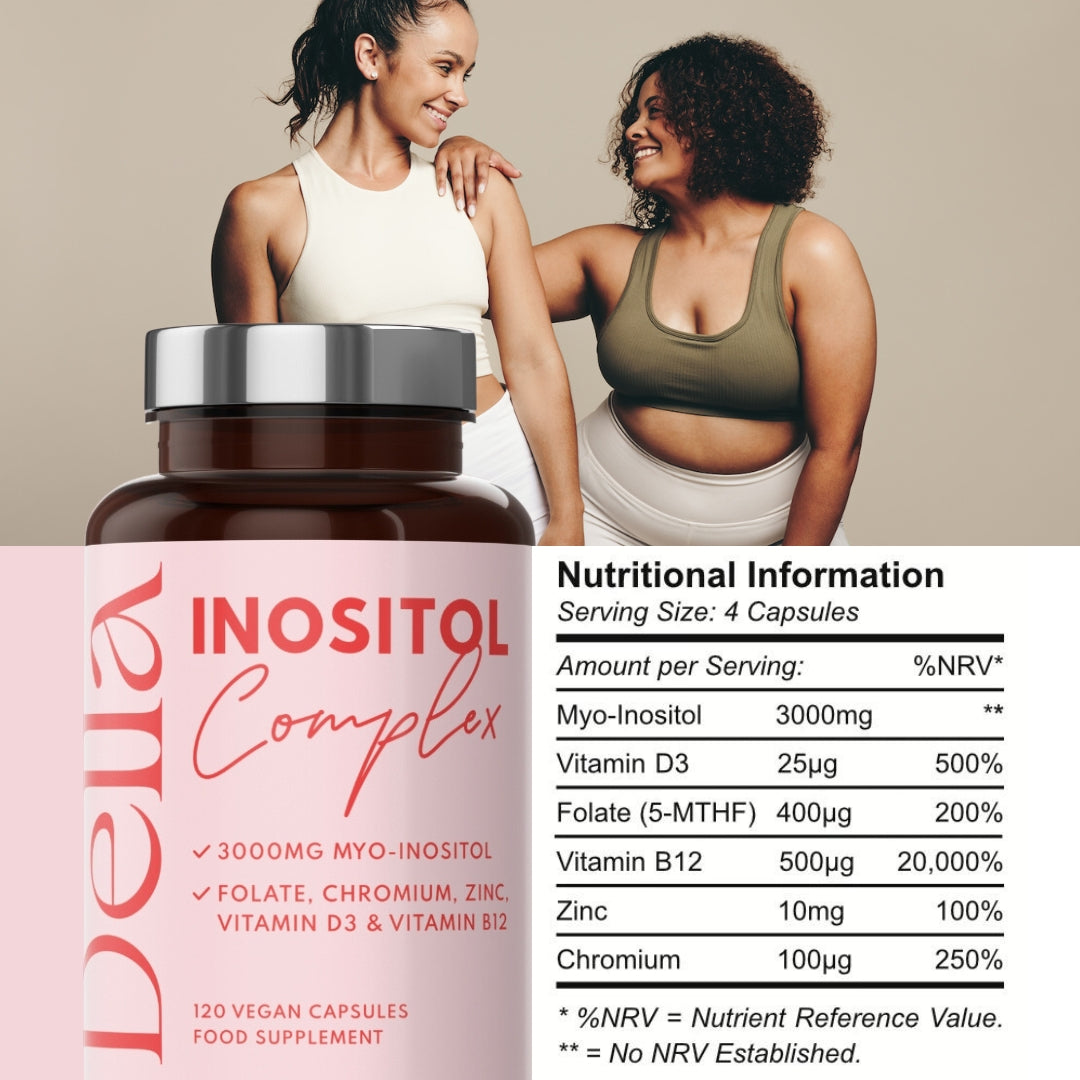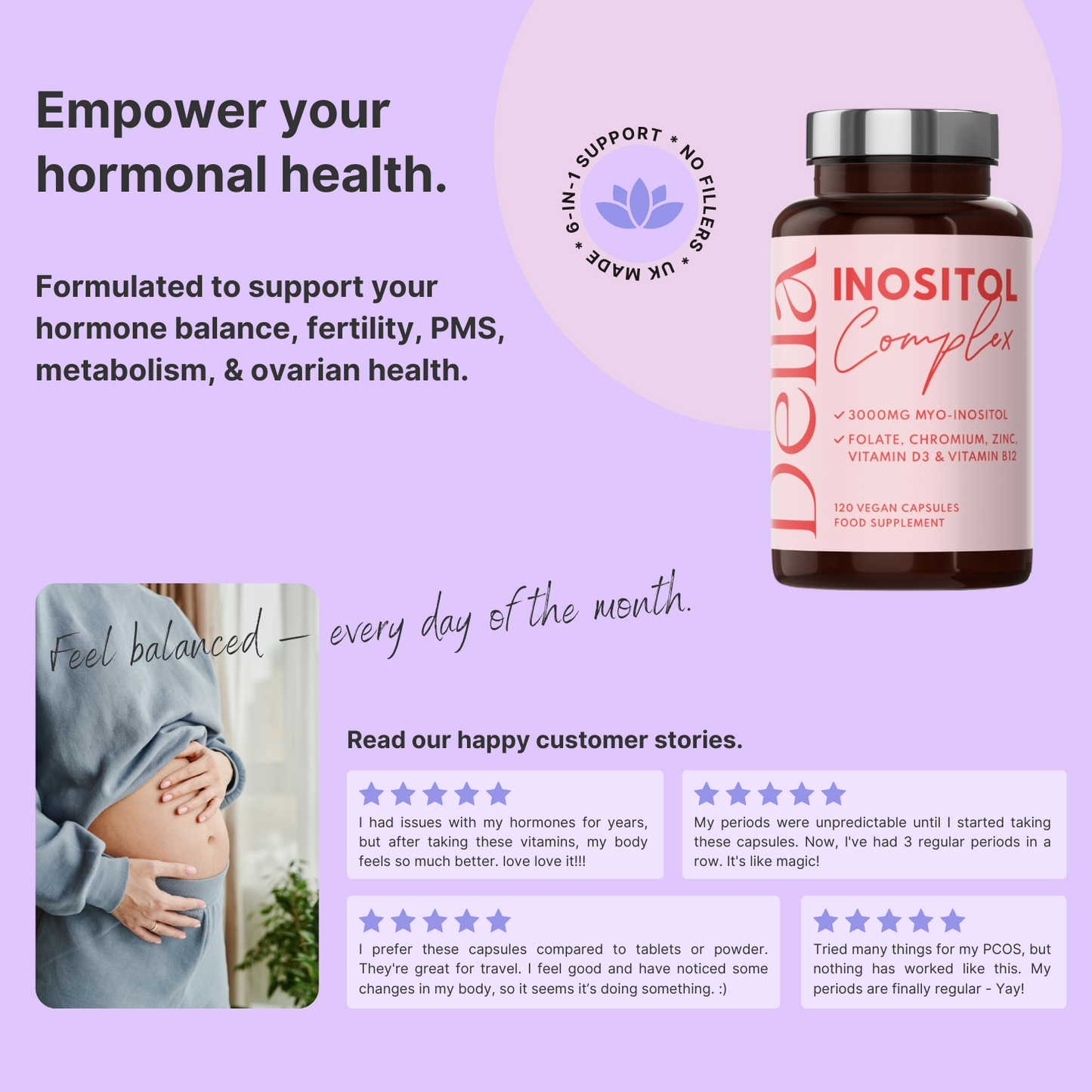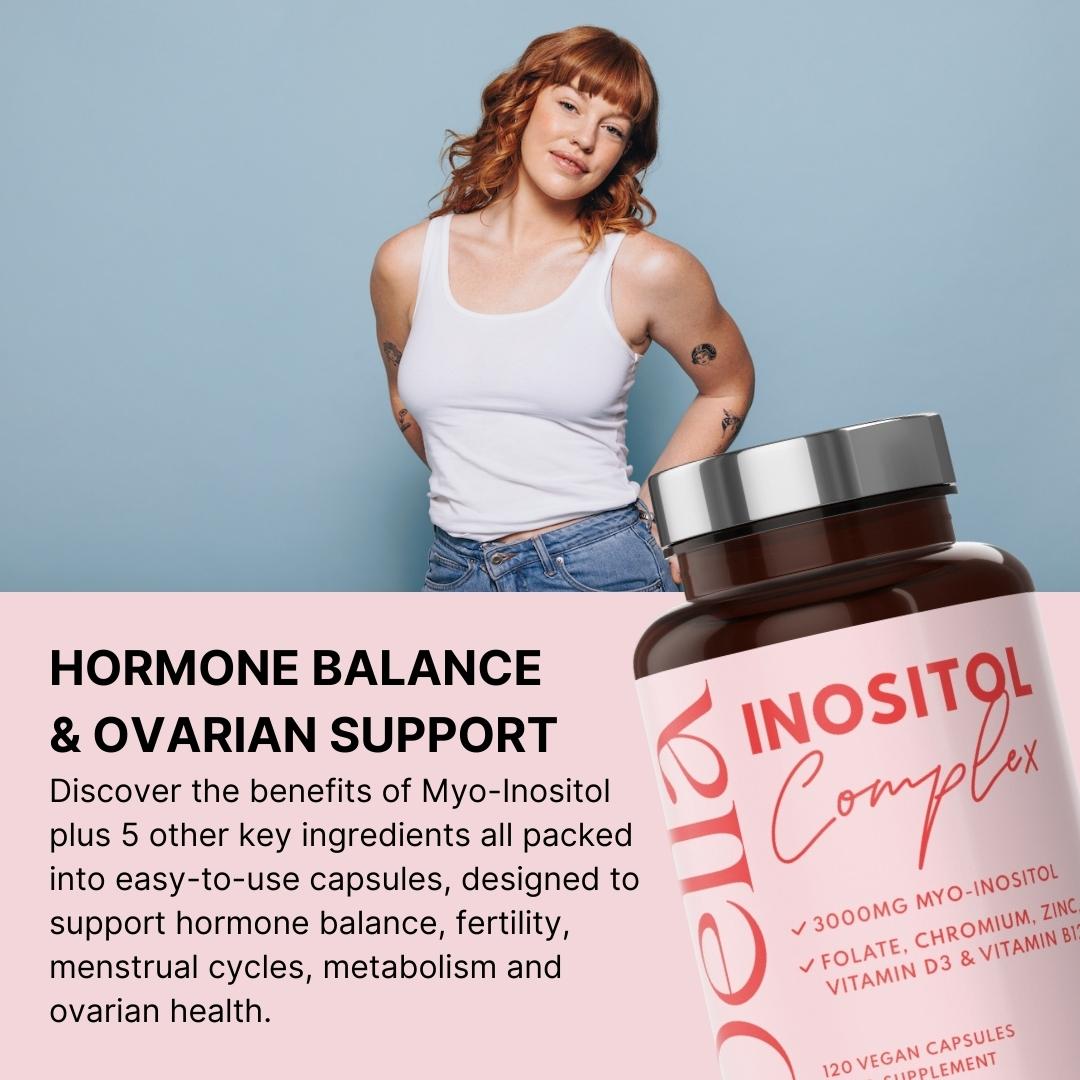In a fast-paced world brimming with stress, anxiety, and relentless demands, finding solace for both the mind and body has become an essential pursuit. Floatation therapy, often referred to as sensory deprivation or isolation tank therapy, is gaining popularity as a holistic approach to achieving profound relaxation and offers numerous health benefits for PCOS and stress management.
In this article we delve into the concept of floatation therapy and explore its benefits and potential to reduce and manage PCOS symptoms.

What is Floatation Therapy?
Imagine yourself immersed in a special tank filled with super salty water. You're floating effortlessly, cut off from the world – no lights, no sounds, and no gravity. This is floatation therapy, also known as "sensory isolation." It's like a vacation for your senses, giving your mind and body a well-deserved break from the chaos. You get to experience a deep relaxation like no other.
Floatation Therapy and PCOS
Floatation therapy offers a myriad of benefits, both mental and physical, and can be particularly beneficial for women with Polycystic Ovary Syndrome (PCOS).
Some of the benefits include:
- Stress, Anxiety, and Depression Reduction: Stress, anxiety and depression is common amongst women with PCOS and stress can exacerbate symptoms. The sensory isolation achieved in the floatation tank promotes deep relaxation, which can alleviate symptoms of stress, anxiety, and depression. The quiet and serene environment encourages the release of endorphins, the body's natural mood enhancers.
- Physical Health Improvement: The buoyancy of the water relieves pressure on joints and muscles, making it an effective way to alleviate minor aches and pains. PCOS can sometimes lead to abdominal and pelvic discomfort, and the pain-relieving properties of floatation therapy can offer relief.
- Enhanced Sleep Patterns: Floatation therapy has been shown to improve sleep quality by reducing insomnia and encouraging a more restful sleep. The deep relaxation experienced during a session can help reset sleep patterns.
- Blood Pressure Regulation: The relaxation response triggered by floatation therapy can help reduce blood pressure, promoting cardiovascular health and overall well-being.
- Magnesium Absorption: Epsom salt, rich in magnesium, is used in the floatation tank solution. Magnesium is absorbed through the skin, aiding in muscle relaxation, reducing inflammation, and promoting overall relaxation.
- Fertility: Stress can negatively impact fertility. By eliminating stress and inducing relaxation, floatation therapy may help improve the chances of conception by creating a conducive environment for reproductive health.
Floatation therapy offers a promising avenue for women seeking an approach to managing PCOS-related stress, anxiety, and physical discomfort. Its ability to induce deep relaxation and alleviate various ailments makes it an attractive option for people dealing with PCOS and has the potential to serve as a valuable complementary treatment for both PCOS and stress relief.
FAQs: The Healing Potential of Floatation Therapy for PCOS
What is floatation therapy?
Floatation therapy, also known as sensory deprivation or isolation tank therapy, involves immersing oneself in a tank filled with super salty water. This creates a sensation of floating effortlessly, cutting off external stimuli like light and sound, providing deep relaxation and a break from the chaos of everyday life.
How does floatation therapy benefit women with PCOS?
Floatation therapy offers several benefits for women with Polycystic Ovary Syndrome (PCOS). It helps reduce stress, anxiety, and depression, which are common among PCOS patients and can exacerbate symptoms. The relaxation induced by floatation therapy promotes the release of endorphins, natural mood enhancers.
Can floatation therapy alleviate physical discomfort associated with PCOS?
Yes, the buoyancy of the water in the floatation tank can relieve pressure on joints and muscles, providing relief from minor aches and pains. This can be particularly beneficial for PCOS-related abdominal and pelvic discomfort.
How does floatation therapy impact sleep patterns for PCOS patients?
Floatation therapy has been shown to improve sleep quality by reducing insomnia and encouraging more restful sleep. The deep relaxation experienced during a floatation session can help reset sleep patterns.
Is there a connection between floatation therapy and blood pressure regulation for PCOS patients?
Yes, the relaxation response triggered by floatation therapy can help reduce blood pressure, contributing to cardiovascular health and overall well-being for women with PCOS.
What role does magnesium play in floatation therapy for PCOS management?
Epsom salt, rich in magnesium, is used in the floatation tank solution. Magnesium is absorbed through the skin during floatation therapy, aiding in muscle relaxation, reducing inflammation, and promoting overall relaxation.
Can floatation therapy potentially improve fertility for PCOS patients?
Yes, floatation therapy's stress-reducing effects may positively impact fertility. By creating a stress-free environment and inducing relaxation, it could improve the chances of conception and support reproductive health.
Is floatation therapy a standalone treatment for PCOS or a complementary approach?
Floatation therapy is not a standalone treatment for PCOS. However, its ability to induce deep relaxation and alleviate various symptoms makes it an attractive complementary option for managing PCOS-related stress, anxiety, and physical discomfort.
How often should women with PCOS consider undergoing floatation therapy?
The frequency of floatation therapy sessions can vary depending on individual needs and preferences. It's advisable to consult with a healthcare professional or a floatation therapy expert to determine the most suitable session frequency.
Are there any contraindications for women with PCOS considering floatation therapy?
While floatation therapy is generally safe, it's important for women with PCOS to consult with their healthcare provider before starting floatation sessions, especially if they have any underlying medical conditions or concerns. Pregnant women or individuals with open wounds or skin conditions may need to avoid floatation therapy.



